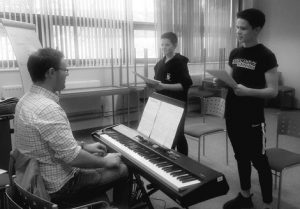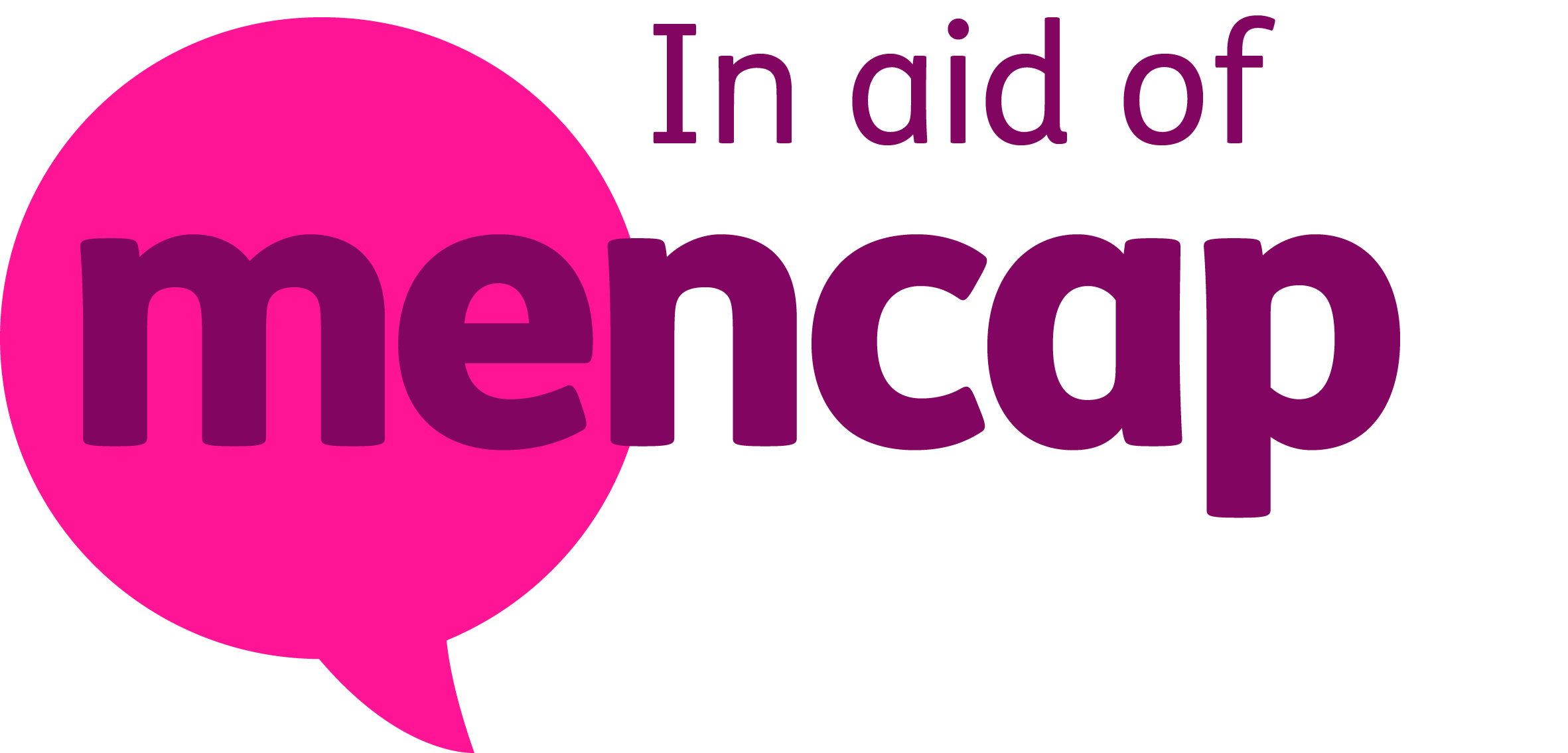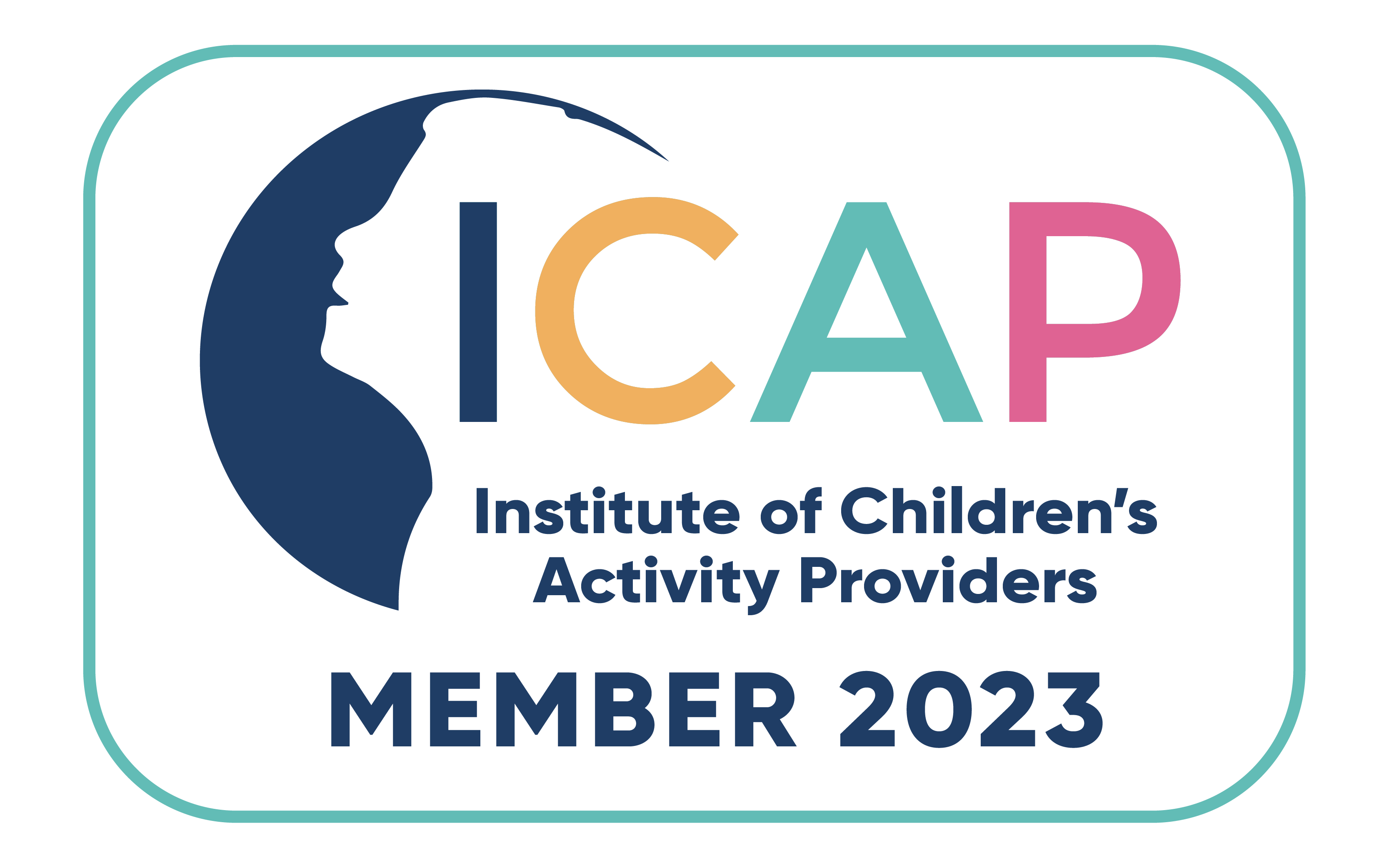By Phil Gostelow
Singing technique is vital for a long and healthy career. If you look after your instrument, it will look after you for the rest of your life. You don’t want a sore throat when singing or your voice to have an edge to it.
 Having the technique to be able to control your voice and understand the mechanics behind it is crucial. You need to understand what is your head voice or chest voice and it’s knowing how to control all of those sounds so that when you come to tell the story you’ve got a palette of tones and timbres that you can use to support that. If you are going to perform as a living you have to be able to sustain eight shows a week! The voice changes as a child grows and even as an adult so it is imperative to have a solid technique to cope with those changes.
Having the technique to be able to control your voice and understand the mechanics behind it is crucial. You need to understand what is your head voice or chest voice and it’s knowing how to control all of those sounds so that when you come to tell the story you’ve got a palette of tones and timbres that you can use to support that. If you are going to perform as a living you have to be able to sustain eight shows a week! The voice changes as a child grows and even as an adult so it is imperative to have a solid technique to cope with those changes.Everyone can be taught to sing – we are all born with the apparatus to do it! However, everyone has a very unique vocal tone and it’s the physical make up that changes the sound. This means that although people may not like the tone of their voice, they can develop it. The most significant part is actually training the ear to hear. When people for example, say they are tone deaf, this doesn’t mean that they can’t sing, it means that they haven’t yet associated pitch with their brain but there are exercises you can do to improve that.
Building confidence with Razz Project Intense
The focus this term at Razz Project Intense has primarily been on acting through song. I have brought sheet music along to each session that would be used in the profession as audition pieces. During the lessons, I either work with the different vocal groups whether it be sopranos, altos or boys and we break down the song looking at the lyrics and the story because that’s the important thing within a song. We discuss the story, the background, the character, the location, what’s happened before and after this number to give them an understanding of what they are going to be singing about. After we have done this detective work we learn the notes and approach the learning of the song. This includes finding out when the song goes high, why does it go high and what’s the reason the character has got to sing high, the reason to belt, the reason sing in head voice and the reason to use all these different vocal qualities and dynamics. Throughout the sessions I will always correct singing posture, alignment, breathing, anchoring, support and articulation.
Being and nervous and shy is a really difficult thing and it’s all about building the students’ confidence in class. I always go with the mantra ‘confidence is the memory of past success’. By this I mean to be confident you have got to be able to remember succeeding in something and it’s about little steps. It may be for some students that singing in an ensemble and opening their mouth is enough to give them the confidence and then slowly build forwards from here. It is really important that not everyone wants to be a soloist or stand up at the front and that’s fine as well. It’s all about positive enforcement which comes from the teacher and the student and looking at what they have achieved and looking forward to what they can achieve next. I also think that singing is a safe environment to create trust and to understand that it’s ok to fail sometimes. As soon as they know it’s ok to make a mistake and they’re not going to get told off for it then you start to get a bit more from them. For solo performance, it may be singing a line at first and looking back thinking ok I did that then maybe next time they do two lines, then four lines, then maybe a whole verse and you have to build it up. If they want to do it then they will get there but I always refer to my mantra to get the best from the students in a safe environment.
Top tips for singing technique
- Breathe then breathe again and then relax….and then breathe and enjoy it.
- Learn about musical theatre through YouTube and other sources.
- Listen to songs and new music and share it with your teachers.
- Read and understand your lyrics, look up any words that you don’t know. If you don’t understand your lyrics then how can you tell that story?
- Relax! When students are stressed about singing their shoulders hunch up and their throat clenches and they force it out.
- Sing with your own voice, don’t try to impersonate the original singer.
About the author
Phil Gostelow trained at the Guildhall School of Music & Drama and has been working as a Musical Director for the past 14 years. His professional credits include Musical Director for Blood Brothers and Deputy Musical Director for Shrek The Musical. Phil is currently the Head of Musical Theatre at the prestigious Tiffany Theatre College and has also taught at The Urdang Academy and other reputable Performing Arts Colleges. Phil is the singing teacher at Razzamataz Medway and teaches the Razz Project Intense classes.



























